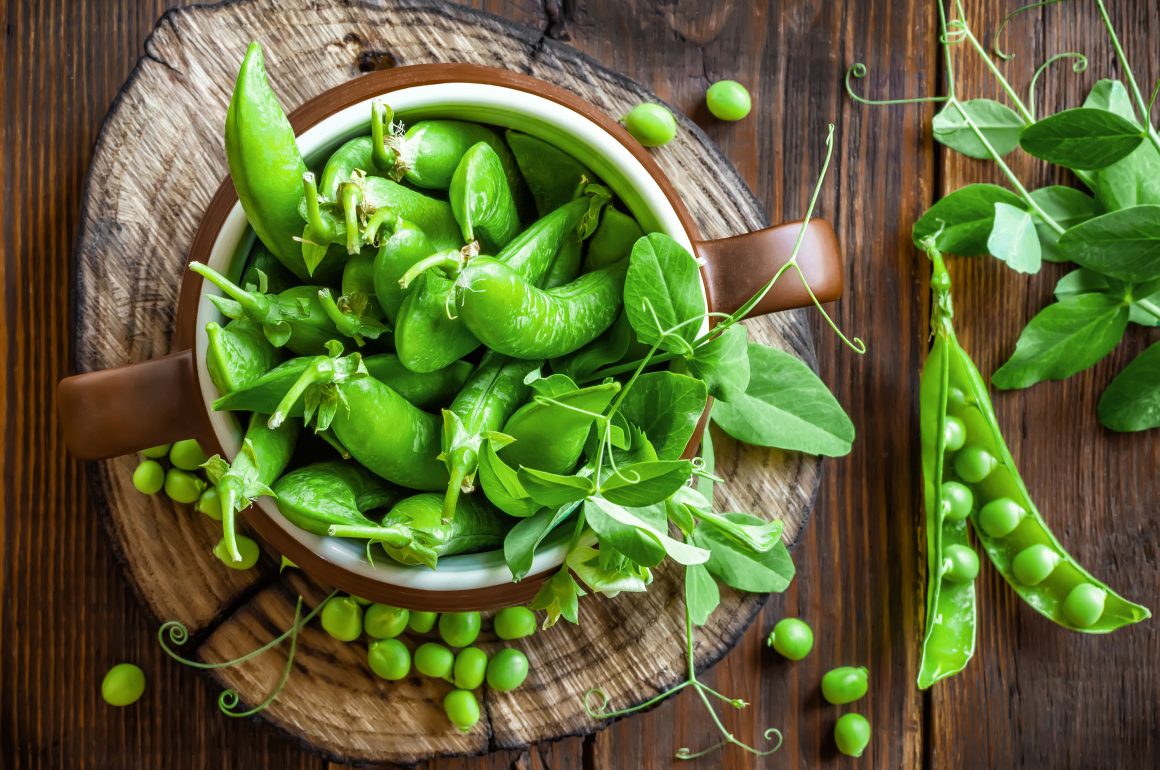
Sources of Plant Protein
Grains, legumes, starchy vegetables, nuts and seeds all provide proteins. One serving of legumes provides about 10 – 20 grams of protein and one serving of a vegetable provides about 3 grams of protein. Even though these foods contain less protein compared to one serving of meat, you can usually eat more plant protein foods for fewer calories. As mentioned in an older post I wrote about protein in general, some protein sources are incomplete – unfortunately most plant proteins are not complete – the good news is we can complement them.
- Tofu, Tempeh and Edamame
- Lentils & Legumes
- Chickpeas
- Almonds & Peanuts
- Quinoa
- Chia & Hemp seeds
- Beans
Complementing Plant Proteins
Keep in mind that plant proteins (exception soy protein) lack one or more of essential amino acids which are needed by our bodies to build proteins. There is one simple rule you need to remember in complementing plant proteins: Combine grains and legumes or legumes and nuts or seeds.
Soy Protein
Soy protein is different and a notable exception to the rule above. Soy provides complete, high-quality protein comparable to that in animal food. Another huge bonus factor is that soy doesn’t contain saturated fat or cholesterol and on top of it is rich in phytochemicals. Soy foods that contain most or all of the bean, such as soy milk, sprouts, flour and tofu are the best sources of these phytochemicals.
Soy Food Products and Uses
- Tofu
Tofu also known as “bean curd”, is a food prepared by coagulating soy milk and pressing curds into solid white blocks of varying softness. Tofu is a traditional component of Asian cuisines. The specialty is that tofu absorbs the flavors of the food it is mixed with and therefore useable for a wide range of dishes. Silken tofu is the “softest” version and can be substituted for cheese in pasta dishes, stuffed into shell pastas or blended with fruits as a smoothie. “Firm or extra firm” tofu can serve as a meat substitute and can be used in salads, stir-fry or mixed dishes. - Tempeh
Tempeh is a traditional soy product originating from Indonesia and is a flat cake made out of fermented soybeans and fortified with a special fungus. It has a mild flavor and a chewy texture. You can easily grill tempeh and add into your sandwich, use it as a burger alternative, into salads or even casseroles. - Soy milk
Soy milk is produced by soaking and grinding soybeans, boiling the mixture, and filtering out remaining particulates – basically the liquid of the soy bean. Soy milk comes in regular and low-fat versions and in different flavors. You can drink it plain, add it to your coffee or smoothies and desserts. - Soy flour
Soy Flour is 100% whole bean flour milled from premium quality raw soy beans. It contains all the nutritious fiber and oils and has a rich, nutty flavor which comes from roasting the beans before grounding them. Soy flour can replace up to one-quarter of regular flour.
Eating less meat and more plant-based foods is one way to reduce your own carbon footprint. Diets which are high in animal proteins require almost 3 times more water, 2.5 times more energy and 13 times more fertilizer and almost 1.5 times more pesticides than vegetarian diets. Again, I am not a full vegetarian or vegan but I already reduced I’d say 70% of my meat consume and still going. I really enjoy my current lifestyle with the food choices I make daily and feel overall healthy and satisfied. Maybe this post inspired you too to reduce your meat consume and I hope I provided you with helpful alternatives which can be super delicious if combined well. Give it a try!


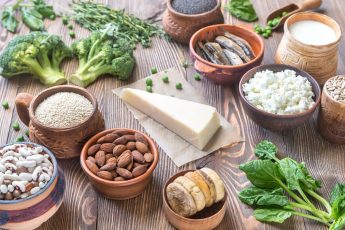


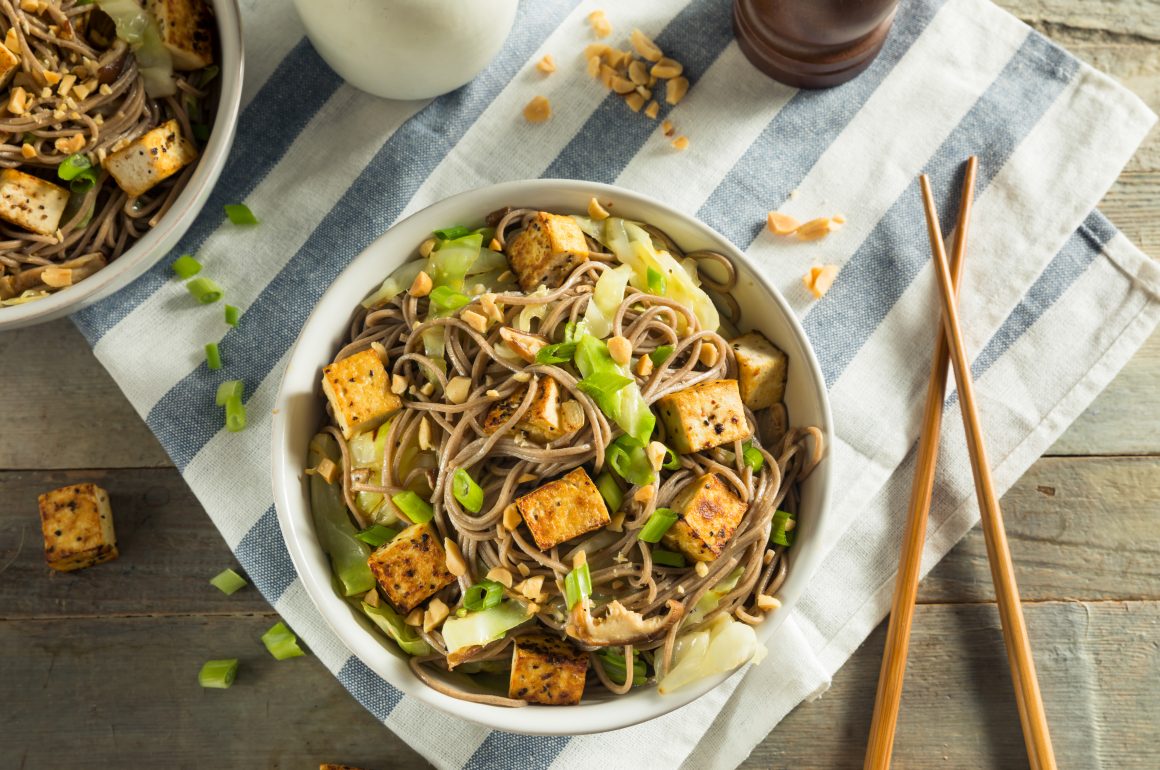
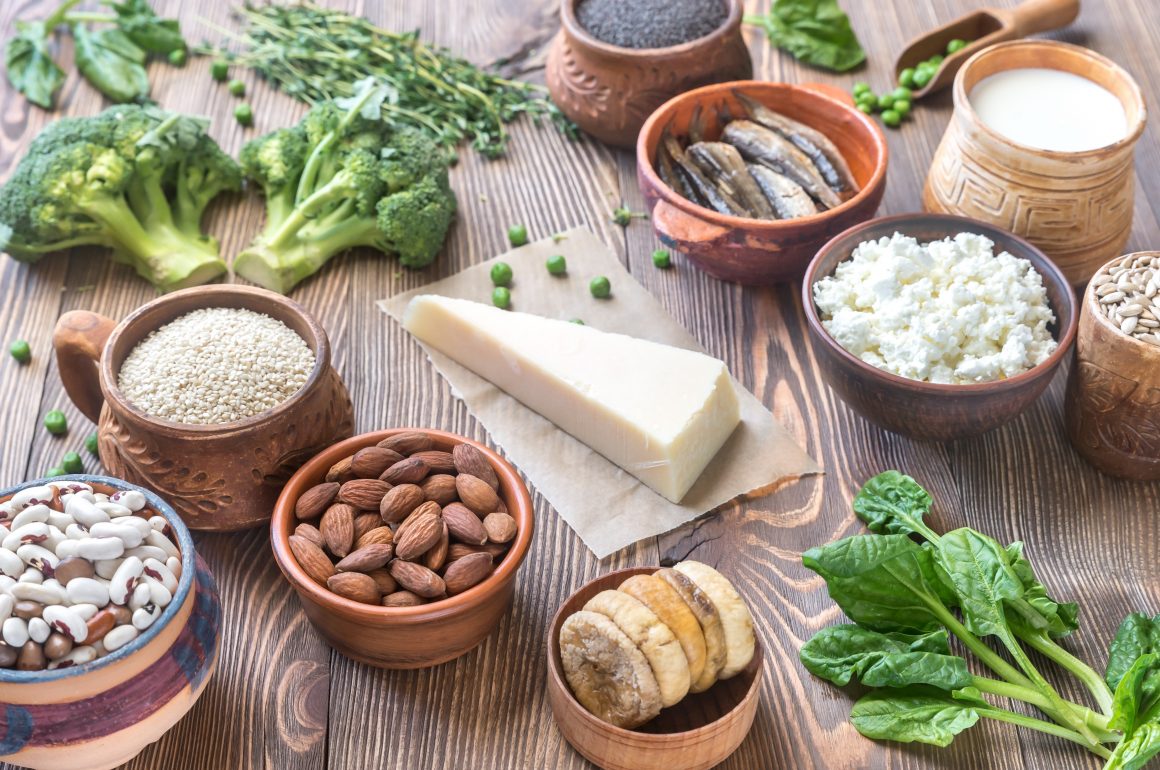
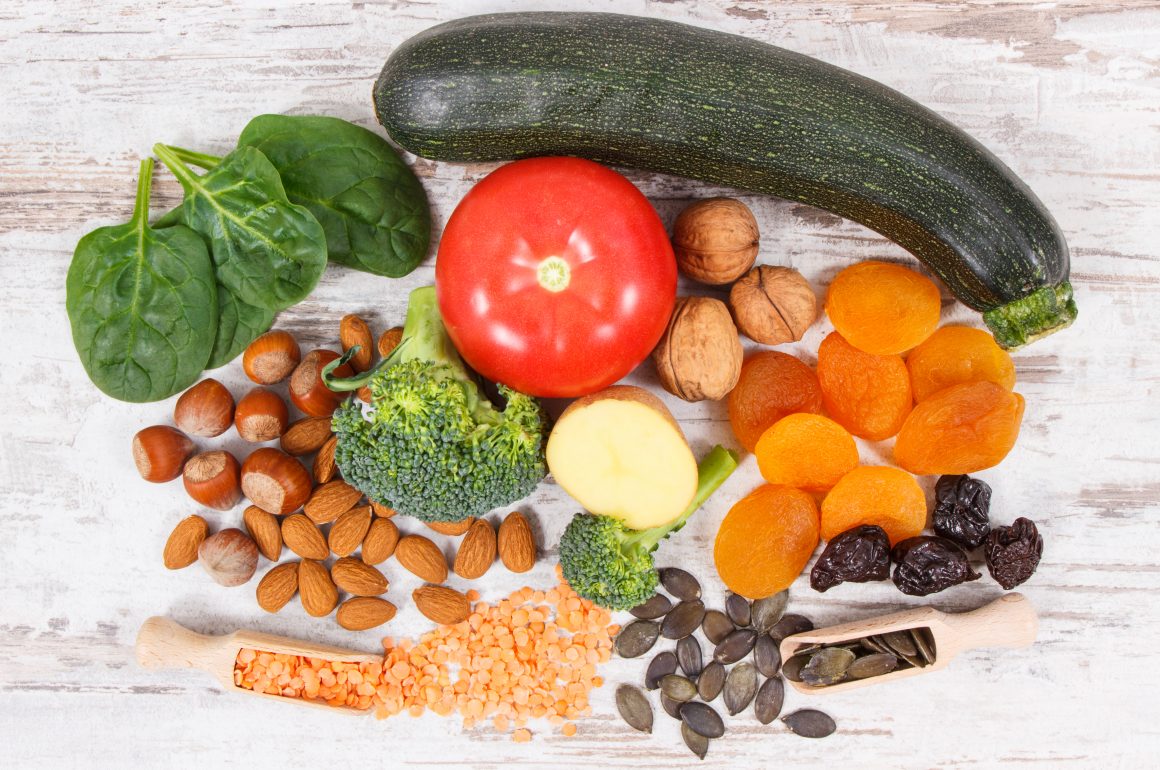
Leave a Comment